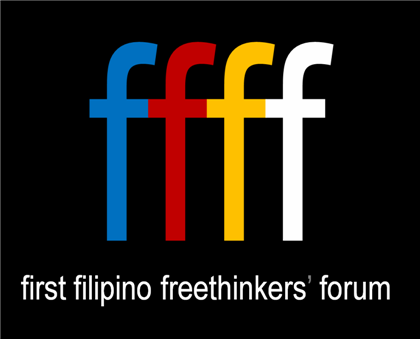Without a doubt, we are fortunate that the world we are living in carries information faster than, say, about 20 years ago. We can now enjoy the benefits of information sharing and fast information accumulation at just the tip of our fingers.
Gone were the days when we used to cram to public libraries to research our term papers. Back then, if people are interested about something, they have to take time off from work just to find resources good enough to read to be able to know a little bit more about the topic they are interested in. Now we have search engines, online encyclopedias and online video tutorials and video essays. Wow. if only our ancestors were given this much information, they could have improved their lives and wars should not have been necessary to change the society.
Along with faster, more convenient access to information, comes skepticism. Today, more than ever, we need to be a little bit more skeptic ( but not to the point of being cynical, we can't test everything under the sun, you know) about the things we learn specially on the internet. We should do our best to scrutinize each and every data that we collect before we base our judgments, decisions and inclinations upon it.
In my point of view, there is no such thing as wrong information. I would rather say wrong interpretation or misrepresented data. I believe that information could only be as wrong as much as how you interpreted it to be.
Let us first trace where information comes from and why should we be truly careful about picking data,information and knowledge from everywhere and I mean everywhere.
Data is the lowest level of abstraction, having information at a higher level and knowledge at a higher level still. (Wikipedia: http://en.wikipedia.org/wiki/Data). This means anatomically, data is the basis for all information and ultimately, of knowledge. Data could be anything from physical and material objects to concepts and abstracts. Every second, tons and tons of data are created, manipulated and transformed. In computer science, we quantify data by means of its "atomicity". In reality, the "atom" of data we handle everyday travels so fast that we, programmers, developers and database administrators have to abstract so as not to be overwhelmed by everything.
Ok, going back. Although data can be boring ( since each datum cannot stand by itself ), Collection of data is exciting. This is the time that data can be connected to each other to form a "concept." This is what Mr. Tim Berners-Lee is talking about in his appearance on TED (http://www.ted.com/index.php/talks/tim_berners_lee_on_the_next_web.html). Linked Data already forms "concepts." It is at this point that data is not anymore abstract. It can now be represent itself and it is now able to stand on its own. In computer science, we call this information "record." A record is a collection of interrelated data that can represent a concept or an entity.
There. I finished talking about data. Next we will talk about information and everything that goes with it.
30.3.09
Subscribe to:
Post Comments (Atom)


No comments:
Post a Comment